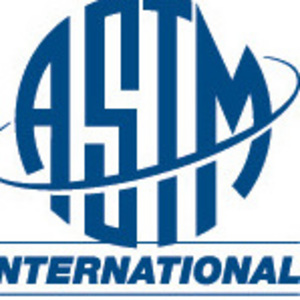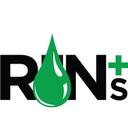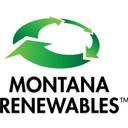Participate in ASTM: You can have a role in biodiesel standards

May 28, 2014
BY NBB
ASTM International is the standards development organization that sets specifications for thousands of consumer products, including fuels like biodiesel. Unlike many other global standards development organizations, ASTM’s decentralized committee system, open forum, and administrative framework allow for anyone interested in a particular area to participate. For biodiesel producers, this means you can be directly involved in setting the standards that govern your industry.
ASTM standards are developed related to the minimum product quality limits, as well as the methodologies used to analyze those products. With committees covering everything from air quality to concrete and plastics, the biodiesel industry participates in Committee D02 for “Petroleum Products, Liquid Fuels and Lubricants.”
Committee D02 is ASTM’s largest committee with more than 2,400 members from 65-plus countries, from public- and private-sector interests. Members include petroleum companies; biodiesel producers; auto, truck and engine manufacturers; the military; and general interest companies such as government organizations and laboratory instrument manufacturers. Each individual member has options of participating in subcommittees dealing with products such as gasoline, diesel fuels, jet fuel, LPG, lubricants and hydraulic fluids; or in subcommittees dealing with specific properties such as combustion, elemental analysis, flow properties, and stability and cleanliness.
Advertisement
Being a member of ASTM allows access and input into the ballot items as well as access to the semiannual member meetings for further discussion with industry peers. Becoming involved in the standardization process is the best way to become aware of, and provide input to, potential new limits and test methods for your products. While ASTM plays no role in enforcing any of the limits set forth, the standards become mandatory when cited in regulations or in business contracts. These regulations can have a major impact on the fuel produced at biodiesel facilities across the country.
To join and participate, anyone can enroll at http://www.astm.org/MEMBERSHIP/index.html or contact NBB.
Advertisement
Related Stories
Clean Fuels Alliance America on June 10 announced the launch of the newly redesigned BQ-9000 website, delivering a streamlined and user-friendly experience that better showcases the value of biodiesel quality assurance.
The U.S. EPA on Aug. 21 released data indicating nearly 2.04 billion RINs were generated under the RFS in August, up from 1.84 billion generated in August 2022. Total RIN generation for the first eight months of the year reached nearly 15.45 billion.
WestJet Group CEO Alexis von Hoensbroech, on Sept. 19 at the World Petroleum Congress in Calgary, addressed the airline's ambitions to achieve net-zero emissions by 2050 and the vital role SAF plays in the future of decarbonizing aviation.
Clean Fuels Alliance America, American Soybean Association, National Oilseed Processors Association the U.S. Canola Association are urging the Biden administration to adopt GREET for the purposes measuring GHG reductions for the SAF tax credit.
Montana Renewables LLC, a subsidiary of Calumet Specialty Products Partners LP, on Sept. 18 hosted an event to celebrate the first receipts of camelina oil into its biorefinery in Great Falls, Montana. The facility produces renewable diesel and SAF.
Upcoming Events










